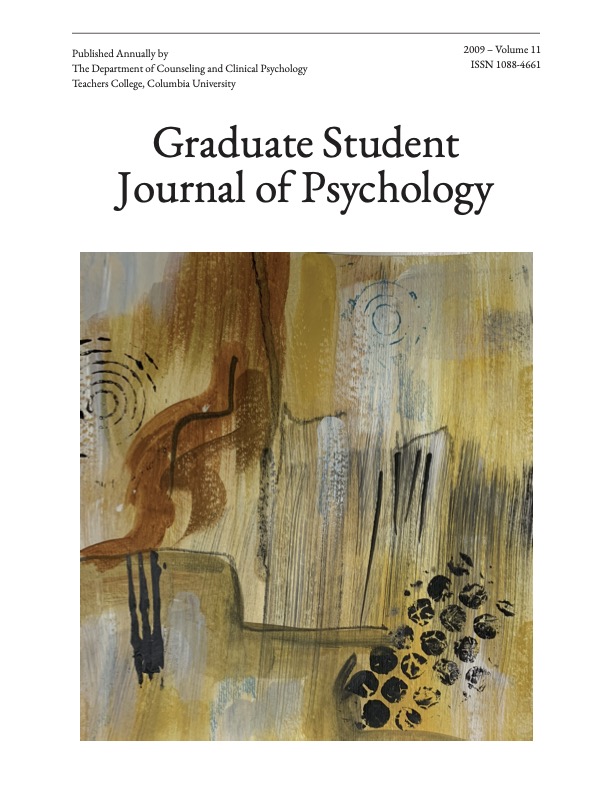Navigating the "Unhappy Constellation" of Dissociative Identity Disorder, Infant Trauma, and Type D Attachment
Main Article Content
Abstract
Patients with a current diagnosis of Dissociative Identity Disorder and a history of infant abuse may present for therapy with a constellation of neurobiological and socioemotional issues. During the initial stages of therapy, clinicians’ primary goal is to stabilize the patient and reduce acute symptoms. Understanding the most effective way to achieve this baseline goal requires the clinician to appreciate the chronic neurobiological effects of trauma for a patient abused during infancy. Through an attachment theory lens, this paper will discuss the effects of infant trauma on the brain, review traditional methods used to stabilize the patient, postulate complementary strategies discussed in the literature, and recommend directions for future research.
Article Details
Section
Articles

This work is licensed under a Creative Commons Attribution-NonCommercial 4.0 International License.
How to Cite
Kiely-Froude, C., & Fuller, R. (2009). Navigating the "Unhappy Constellation" of Dissociative Identity Disorder, Infant Trauma, and Type D Attachment. Graduate Student Journal of Psychology, 11, 59–69. https://doi.org/10.52214/gsjp.v11i.10845

